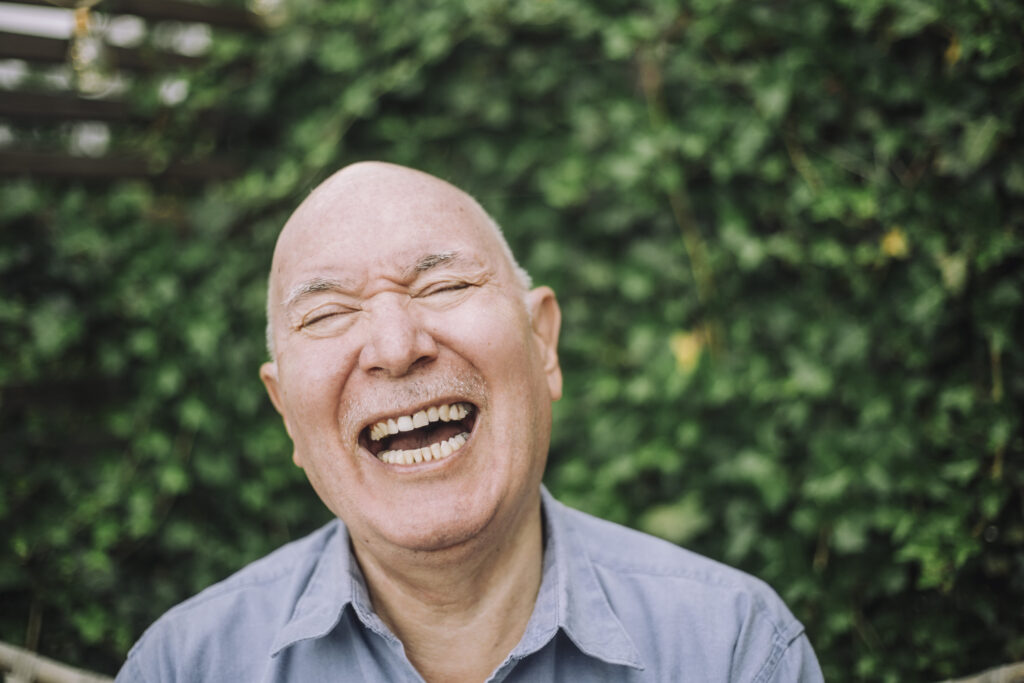For the past 20 years, I have traveled the world to study five Blue Zones where people live exceptionally long lives: Okinawa, Japan; Sardinia, Italy; Nicoya, Costa Rica; Ikaria, Greece; and Loma Linda, California.
Based on interviews with 263 centenarians, I found that the world's longevity champions operate according to what I call the “Power 9.”
Here are nine non-negotiables that will help you live longer.
The longest-living people in the world don't lift weights, run marathons, or go to the gym. Instead, they live in environments that constantly encourage them to be active.
They grow vegetables in their garden and have no mechanical equipment for home or yard work. Trips to work, friends' houses, or church always begin with a pleasant walk.
The Okinawans of Japan call it “ikigai” and the Nicoyans of Costa Rica call it “plan de vida,” both of which translate to “why I get up in the morning.”
Every Blue Zone resident I visited had a purpose in life outside of work, and research shows that having a sense of purpose can add up to seven years to your lifespan.
“Harahachibun” is a 2,500-year-old Confucian mantra that Okinawans recite before meals, reminding people to stop eating when their stomachs are 80 percent full.
People in the Blue Zones eat a minimal meal in the late afternoon or early evening and nothing more for the rest of the day.
Legumes like broad beans, black beans, soybeans and lentils are a staple of the diets of most Blue Zone people. Meat is eaten on average just five times a month, in portions of 3-4 ounces each, about the size of a deck of cards.
People in the Blue Zones, including some Adventists, drink alcohol regularly and in moderation, and moderate drinkers live longer than non-drinkers.
The trick is to have one or two drinks a day, with friends or with a meal – you can't save up all week and have 14 drinks on Saturday.
Of the 263 centenarians I spoke to, all but five belonged to a religious community, regardless of denomination: Research shows that attending faith-based services four times a month can add four to 14 years to your life expectancy.
Blue Zone centenarians have their elderly parents and grandparents living nearby or in their own homes, which studies suggest could reduce illness and deaths among children.
They are committed to their life partner (which can add up to three years to their lifespan) and give their children plenty of time and love (which increases the chances that they will be taken care of when the time comes).
The world's longest-living people choose (or are born into) social connections that support healthy behaviors.
Okinawans form “moai,” groups of five friends who stick together for life. Studies have shown that smoking, obesity, happiness, and even loneliness are contagious. In contrast, the social networks of people who live longer have a positive impact on their health behaviors.
Of course, following these rules won’t guarantee you’ll live to be 100, but it will increase your chances of adding some extra happy years to your life.
Dan Buettner An explorer, Longevity Researcher, National Geographic Fellowan award-winning journalist, producer and best-selling author. “Blue Zones: The Secrets of Longevity Learned from the Longest-Lived People” and “The Blue Zone Solution: Eat and Live Like the Healthiest People in the World” Follow Dan on Instagram Dan Buettner.
do not miss it:
Do you want to be smarter and more successful with money, work and life? Sign up for our new newsletter here

